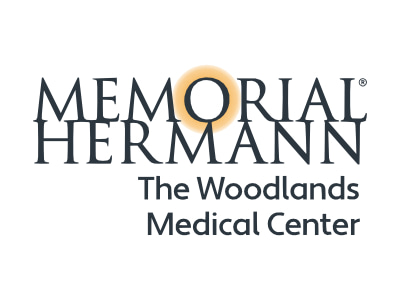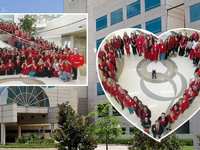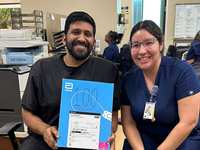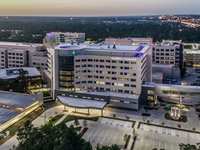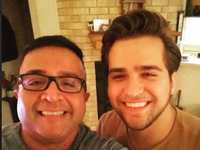- Sections :
- Crime & Public Safety
- Restaurants & Food
- Sports
- More
Volunteering brings light to dark cancer diagnosis at Memorial Hermann The Woodlands
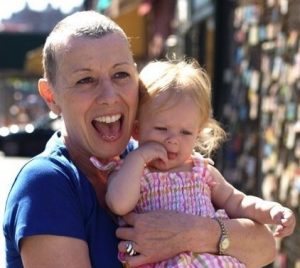
THE WOODLANDS, Texas -- Barbara Frisbie greets visitors with a smile every week at Canopy – A Cancer Survivorship Center at Memorial Hermann The Woodlands Medical Center. What you wouldn’t realize at first glance is that she’s been battling ovarian cancer for more than 10 years.
In 2007, Frisbie says she lost a lot of weight and started becoming short of breath. She thought it was a problem with her heart, but her internist suspected cancer. She was referred to Christine Lee, MD, a gynecologic oncologist affiliated with Memorial Hermann The Woodlands Medical Center. Dr. Lee confirmed that Frisbie had stage IV ovarian cancer.
“I knew something was horribly wrong with me; I had no energy and I thought I might be depressed. I didn’t know much about ovarian cancer, but I was relieved to have a diagnosis so I could start on the road to getting better,” remembers Frisbie.
A Cancer That’s Difficult to Detect Early
Dr. Lee says ovarian cancer can be difficult to detect early because the symptoms are nonspecific.
“Unfortunately, we don’t have a screening tool for ovarian cancer like for breast or colon cancer. Common symptoms include things like digestive problems, bloating and nausea, and are often blamed on stress, lack of exercise, and not eating right. Like in Barbara’s case, that often means the cancer is caught in a later stage,” explains Dr. Lee.
After her diagnosis, Frisbie would go on to have multiple rounds of chemotherapy, participate in a clinical trial and undergo two surgeries over the next 10 years.
“What I didn’t realize when I was first diagnosed was how often this cancer comes back. Despite surgery, despite chemo, it is hard to kill off all the tumors. It made it hard to plan for the future because I never knew if it would reoccur,” she says.
Supporting Other Cancer Survivors
Frisbie found support from family, friends and coworkers, and began attending some of the events held at Canopy, a cancer survivorship center at Memorial Hermann The Woodlands.
“At first, I went to Canopy for the social aspect of it. I liked the activities and meeting with other women who had gone through similar situations, even though they may not have had the same type of cancer. Then I began volunteering. It’s such a positive, upbeat, welcoming place,” says Frisbie.
“We recognize that battling cancer doesn’t just take a physical toll on survivors. It also impacts them emotionally and socially. Canopy was designed to provide a safe space for survivors and their caregivers,” says Amanda Poole, manager of Canopy. “Whether people want to just stop by for a cup of coffee and a chat, or to attend one of our programs, men and women are invited to come here to find whatever support they may need, regardless of where they may have received their cancer treatment.”
No Longer a Death Sentence
Frisbie’s tests have shown no evidence of cancer since 2016, but she continues to have checkups with Dr. Lee every few months. Dr. Lee says Frisbie’s case should provide a light in what can be a dark diagnosis.
“Ovarian cancer is not a death sentence any more. There are a variety of emerging treatment options and we are in the midst of changing the way ovarian cancer is treated. Being a part of clinical trials and receiving cutting-edge treatment is very important in the fight against ovarian cancer,” says Dr. Lee.
Frisbie has this advice for others battling ovarian cancer.
“I think it is really helpful to surround yourself with other people who have gone through it, who can relate to you. You can get down, but don’t stay there. It’s fun to be around other people and still find a purpose in life. And remember, God is always with you.”

